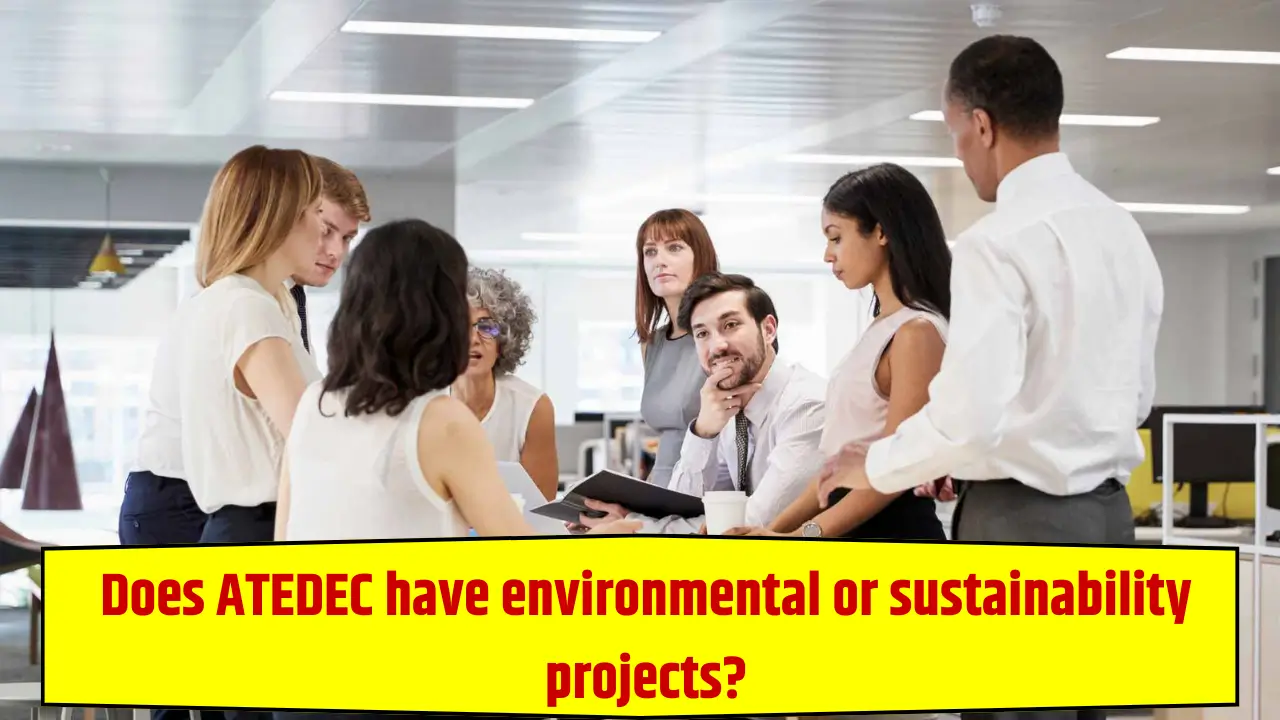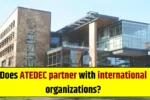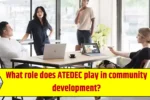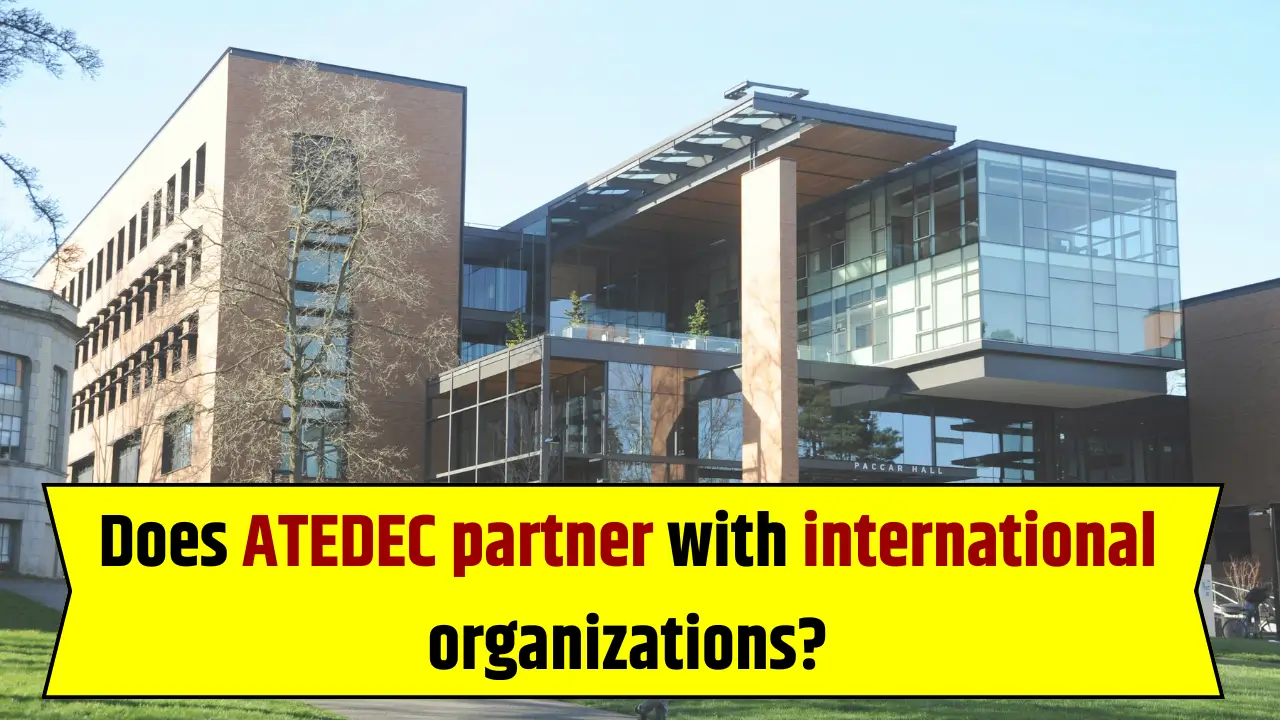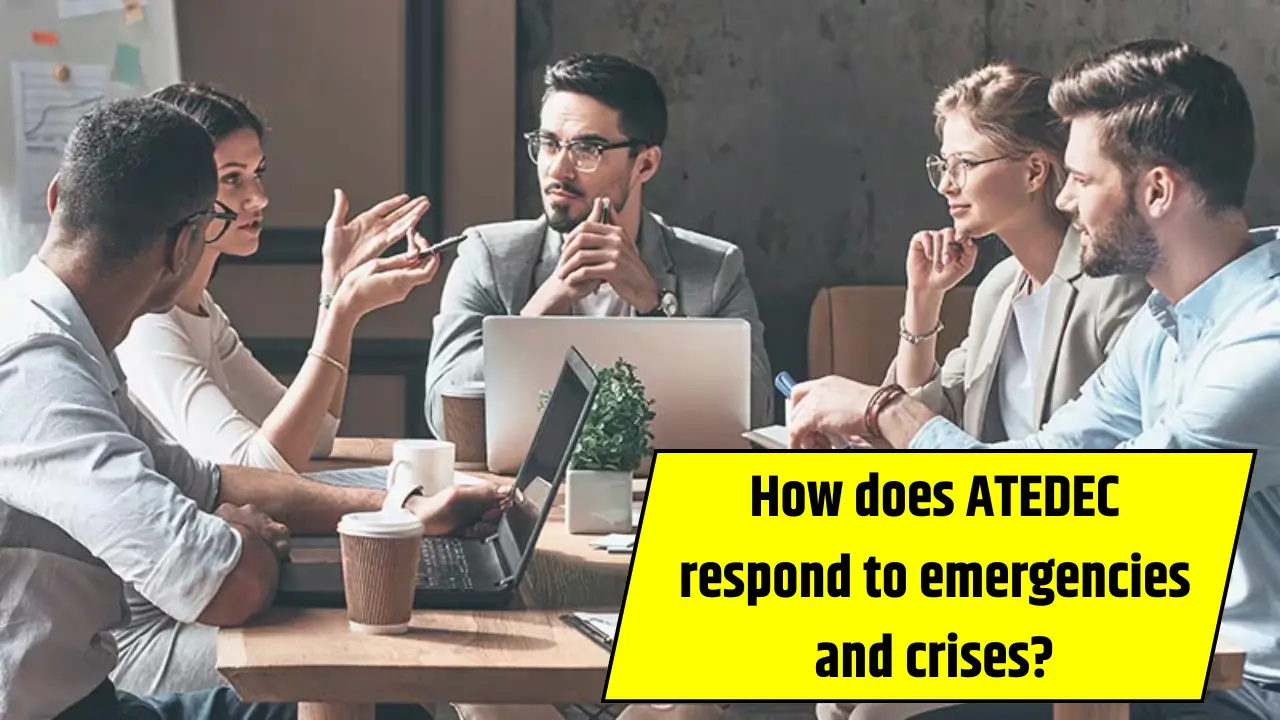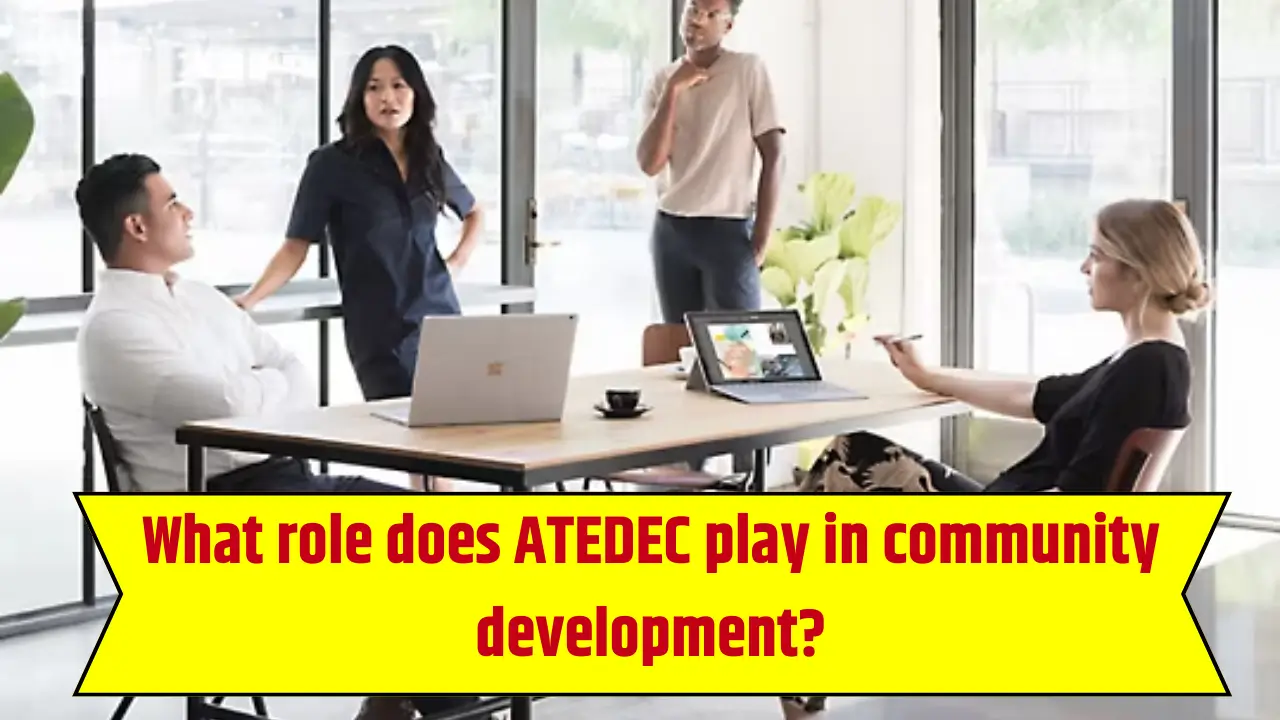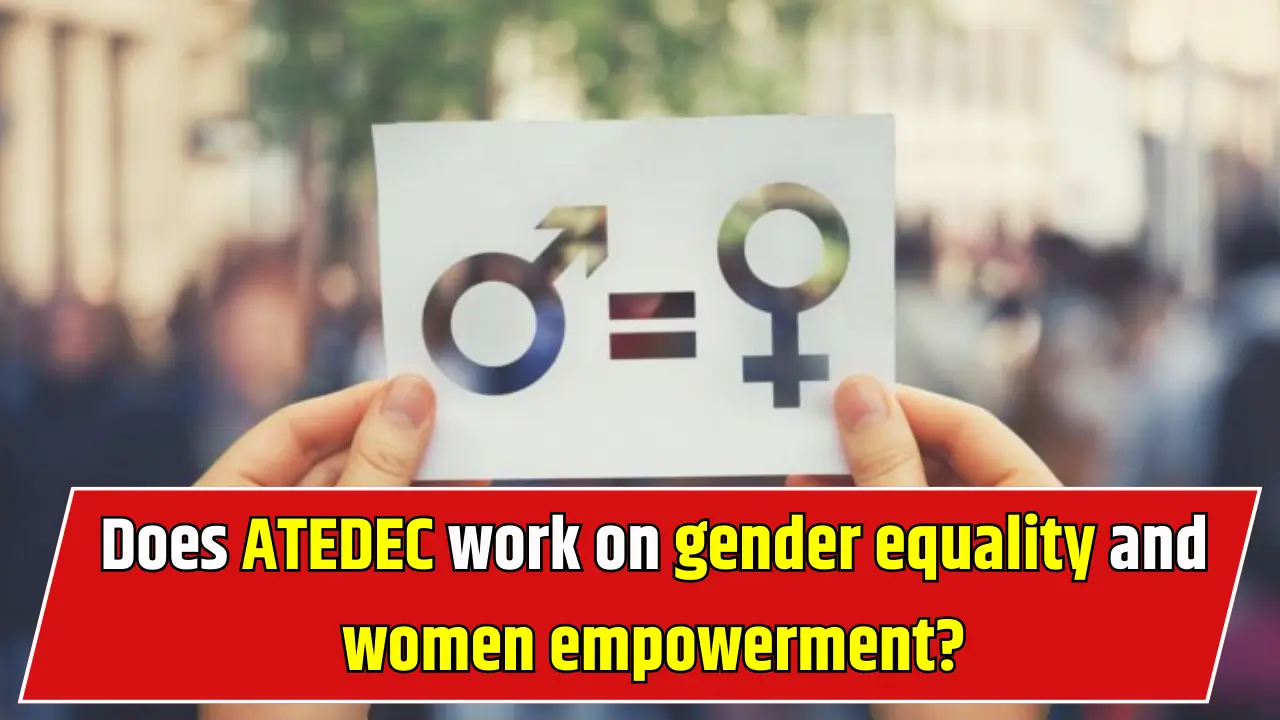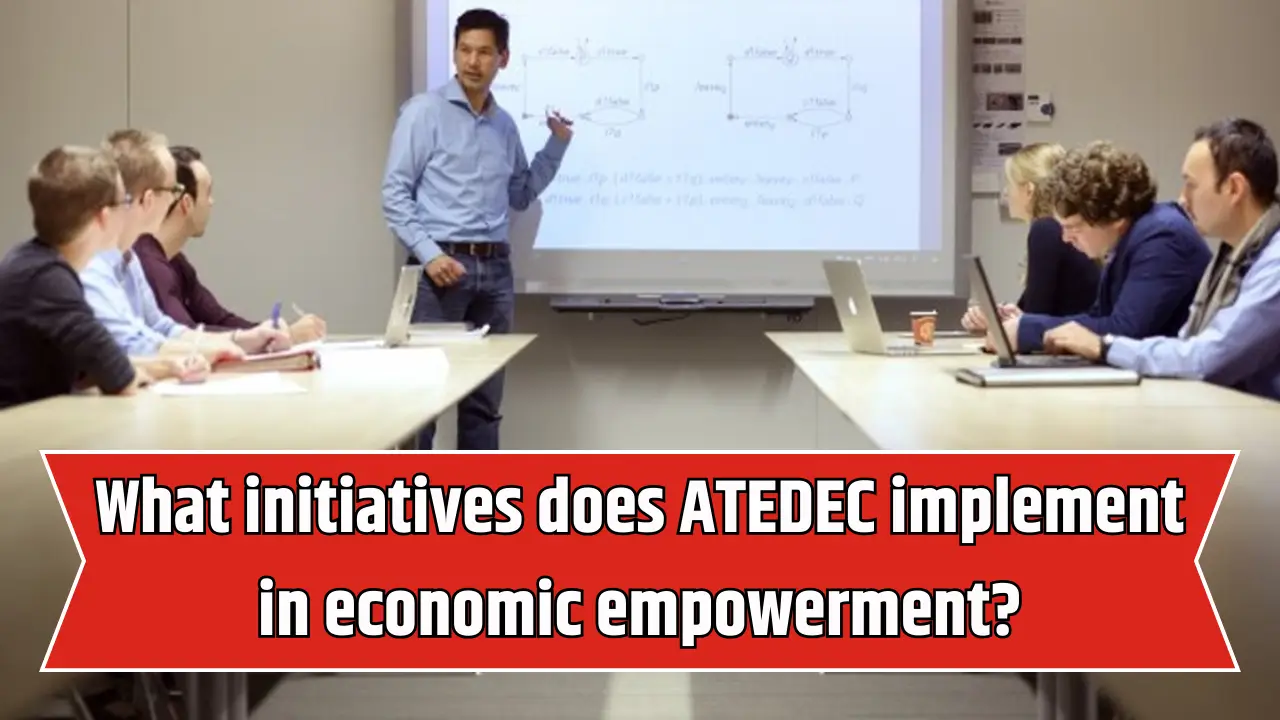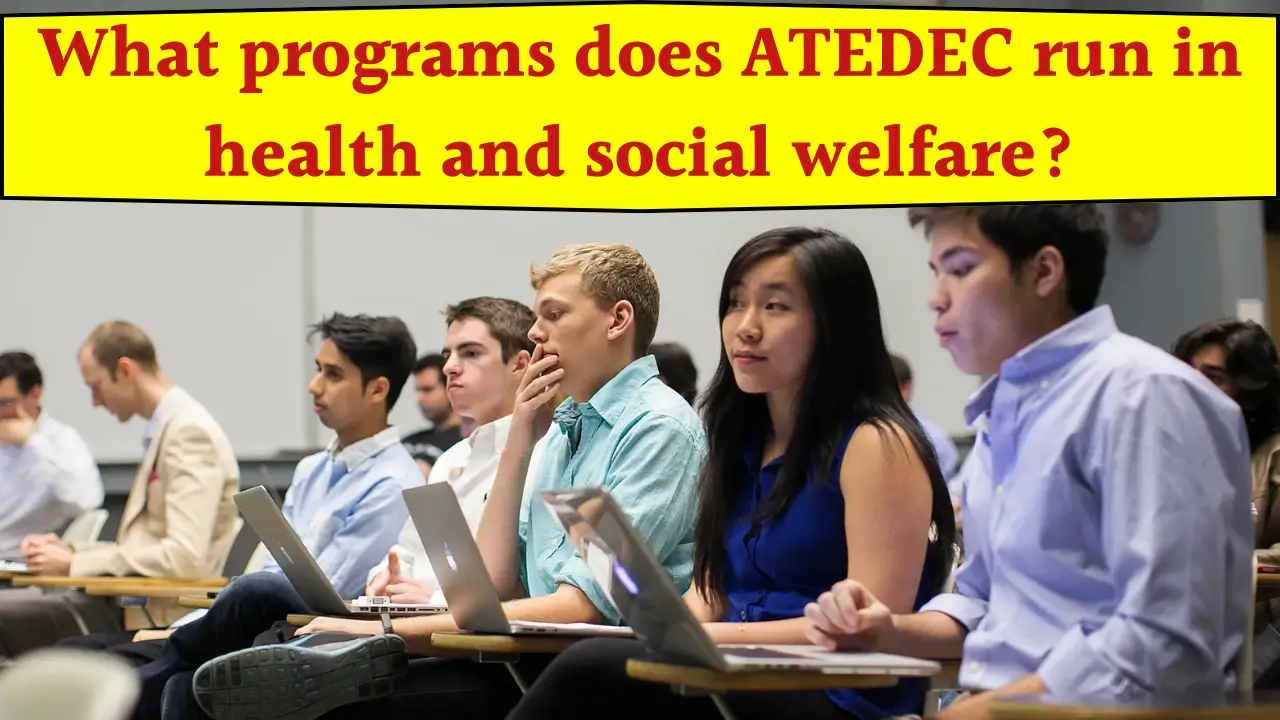ATEDEC (Action Technique pour un Developpement Communautaire) in Rwanda has distinguished itself in social innovation and humanitarian efforts, increasingly integrating environmental sustainability and climate resilience across its development portfolio.
As environmental stewardship becomes central to Rwanda’s national agenda and global priorities, ATEDEC is a key contributor—designing and implementing projects that promote ecosystem restoration, climate-smart livelihoods, renewable energy, and sustainable agriculture.
This article explores ATEDEC’s role and initiatives in environmental protection and sustainability, the scope of its programs, project impacts, strategic partnerships, challenges, and recent innovations as of 2025.
ATEDEC’s Vision for Environmental Sustainability
ATEDEC’s approach aligns with Rwanda’s Vision 2050 and international frameworks like the SDGs, aiming to:
- Restore and protect natural ecosystems in vulnerable areas.
- Promote climate resilience and adaptation among rural communities.
- Empower women and youth as leaders in environmental stewardship.
- Advance green growth and sustainable livelihoods.
Key Environmental and Sustainability Projects
1. Ecosystem Restoration and Climate Resilience
- Active engagement in large-scale landscape restoration, focusing on forests, wetlands, and riverbanks in the Southern Province.
- Projects like the Nyungwe-Ruhango Corridor aim to rehabilitate thousands of hectares through afforestation, reforestation, agroforestry, and wetland rehabilitation.
- Direct benefits include erosion control, enhanced flood regulation, and restoration of habitat for biodiversity.
2. Climate-Smart Agriculture
- Training farmers in climate-resilient crop production, soil fertility management, and water conservation practices.
- Promotion of farmer cooperatives for collective adoption of sustainable farming methods.
- Support for diversified food systems through fruit tree planting, integrated pest management, and non-timber forest product value chains.
3. Waste Management and Valorization
- Community-based waste management campaigns, including sorting, composting, and recycling initiatives to reduce urban and rural landfill burden.
- Promotion of waste-to-resource practices, demonstrated by new valorization facilities in collaboration with partners like the Global Green Growth Institute.
4. Renewable Energy Access
- Advocacy and support for national solar power initiatives, aiming to increase clean energy capacity beyond hydropower.
- Pilot projects providing solar electrification for schools and rural households, improving educational access and community well-being.
- Partnerships advancing sustainable energy adoption in line with Rwanda’s 2030 goals.
5. Sustainable Livelihoods and Green Jobs
- Development of income-generating activities (bee-keeping, ecotourism, green businesses) that reduce environmental pressure and create new employment.
- Engagement of women and youth in green value chains, supporting equitable job creation and leadership in environmental projects.
Scope and Participation
| Project Area | Main Activities | Key Stakeholders | Target Impact |
| Ecosystem Restoration | Afforestation, riverbank/wetland rehabilitation | Local communities, youth, REMA | Biodiversity, disaster mitigation |
| Climate-Smart Agriculture | Farmer training, cooperative support | Rural families, cooperatives | Food security, resilience |
| Renewable Energy | Solar expansion, rural electrification | Schools, community enterprises | Clean energy access |
| Waste Management | Valorization, recycling, education campaigns | City councils, NGOs | Resource efficiency |
| Green Jobs/Enterprises | Ecotourism, forest products, value chain development | Women, youth | Sustainable incomes, empowerment |
Major Achievements and Outcomes
- Restoration of more than 2,000 hectares in forest and wetland areas.
- Improved agricultural productivity and food security for nearly 300,000 rural beneficiaries.
- Acceleration of solar capacity contributing to electrification of schools and off-grid villages.
- Waste management initiatives reducing landfill burdens and creating new economic opportunities in recycling.
- Women and youth empowered through leadership and financial support for community sustainability projects.
Recent Innovations and Updates (2025)
- Approval of $9 Million Grant for the Nyungwe-Ruhango Corridor project, combining land restoration and climate-smart agriculture to directly benefit over 289,000 people with jobs, restored ecosystems, and income-generating green businesses.
- Integration with Global Climate Initiatives: Rwanda hosts major climate finance platforms and partners globally on treaty negotiations for plastics and climate action.
- Valorization Facilities: Inauguration of new waste-to-resource plants in Kigali to transform urban waste into valuable products.
- Agroforestry Expansion: Launch of integrated agroforestry projects to increase tree cover and connect forest management with sustainable farming.
- Inclusive Leadership: Targeted empowerment of women, youth, and local enterprises in environmental management as central project actors.
- Renewable Energy Stepping-Up: Rwanda’s solar initiatives surpass hydropower as pivotal for rural development, with solar power electrifying 1,000+ schools by 2025.
Key Project Matrix: ATEDEC’s Environmental and Sustainability Focus
| Initiative | Main Goals | Recent Developments |
| Ecosystem Restoration | Rehabilitate forests, wetlands, biodiversity | Nyungwe-Ruhango project, 2,162 hectares restored |
| Climate-Smart Agriculture | Food security, resilience | Farmer training, fruit tree planting |
| Renewable Energy | Clean, accessible energy | 200MW solar project, rural electrification |
| Waste Management | Resource efficiency, pollution control | Nduba waste valorization facility |
| Green Jobs & Empowerment | Sustainable livelihoods, equity | Youth/women-led green value chains |
Strategic Challenges and Solutions
Challenges
- High cost and complexity of restoration and green energy projects.
- Need for ongoing technical capacity building in communities.
- Climate volatility affecting project outcomes.
- Urbanization pressures on resource management.
Solutions
- Partnership with global institutions for funding and expertise.
- Prioritizing education and local capacity building.
- Integrated landscape approaches combining environment and livelihoods.
- Leveraging technology for monitoring and impact assessment.
Alignment with National and Global Goals
ATEDEC’s sustainability portfolio is strategically aligned with core Sustainable Development Goals (SDGs) and Rwanda’s national frameworks:
| Area | Alignment with SDGs/National Goals |
| Forest Restoration | SDG 13 (Climate Action), SDG 15 (Life on Land) |
| Clean Energy | SDG 7 (Affordable and Clean Energy) |
| Food Security | SDG 2 (Zero Hunger) |
| Gender/Youth Empowerment | SDG 5 (Gender Equality), Vision 2050 |
| Waste Management | SDG 12 (Responsible Consumption and Production) |
Conclusion
ATEDEC stands as a leader and enabler of environmental sustainability in Rwanda, catalyzing transformation from degraded landscapes and vulnerable rural communities to ecosystems and economies resilient against climate change.
Through ecosystem restoration, climate-smart agriculture, renewable energy, waste management, and green livelihood projects, the organization not only protects nature but empowers the country’s future generations—youth and women—to be custodians of sustainable progress.
With robust partnerships and a commitment to inclusive green growth, ATEDEC’s environmental initiatives will continue to be a cornerstone in Rwanda’s journey to a balanced, climate-resilient, and prosperous society.
